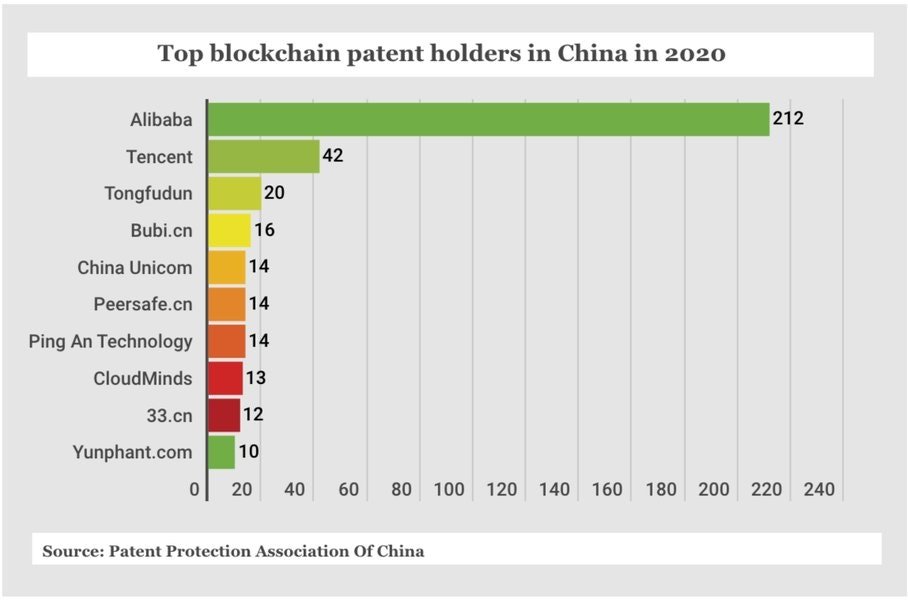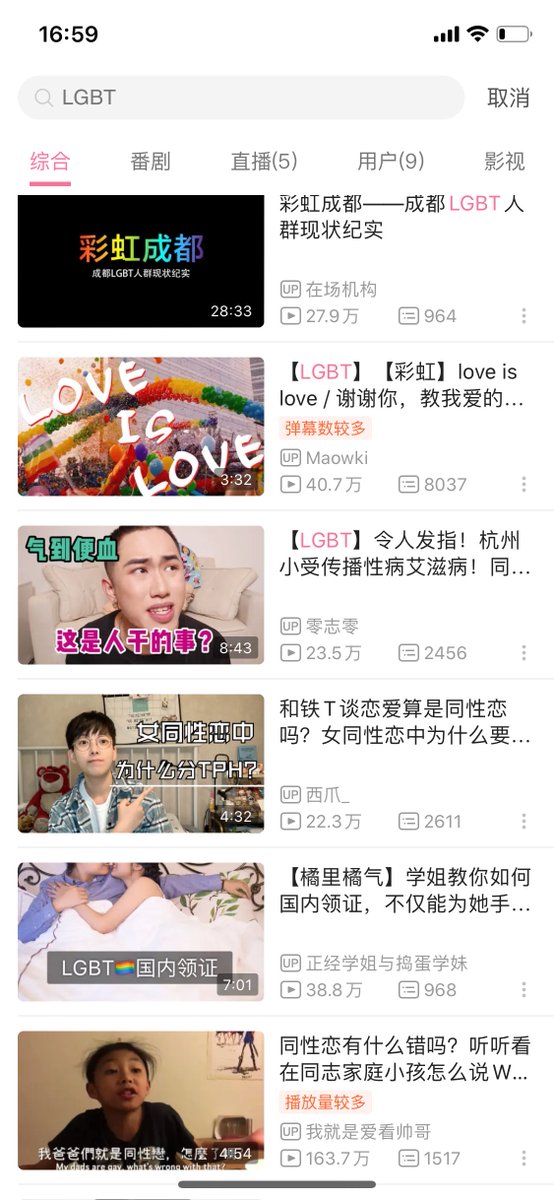
1) Since starting a newsletter I've been thinking a lot about differentiation, and specifically how I do it. I've broken it down to three layers: new data, perspective and personality. This is the unbundling of the unbundled content. Thread time!
2) New data - basic layer - the ability to give new data on a topic that no one has covered before. For Chinese tech this is relatively easy since there's barrier to entry to understanding Chinese context and Chinese.
3 Perspective - middle layer -the curation layer where you tell readers why the new information is interesting. This utilises your unique perspective to sense make for them. I was a VC in Europe. My perspective is why an western investment practitioner would find this info useful
4)Personality - highest layer - everyone loves Matt Levine because he is perceptive and funny. I think the funny part counts more than the perceptive part. This is also the most overlooked layer imo since most people think they have to be serious to be taken seriously.
5) Traditional newspapers used to have all three layers tightly integrated. NYT prints all the news that's fit to print. That's New Data and Perspective right there in the byline. Columnists add personality to the news.
6) With the new wave of newsletters, the layers are becoming unbundled. The newsletter that curates other news sources is basically just serving out the perspective layer, even when it's sometimes as crude as 'this is about productivity'.
7) For myself I try to hit all three layers when I'm writing. I'm working the most on the personality aspect tbh.
As a reader recently told me: You're no Matt Levine, but it's good.
I'll take that. For now.
As a reader recently told me: You're no Matt Levine, but it's good.
I'll take that. For now.
• • •
Missing some Tweet in this thread? You can try to
force a refresh






